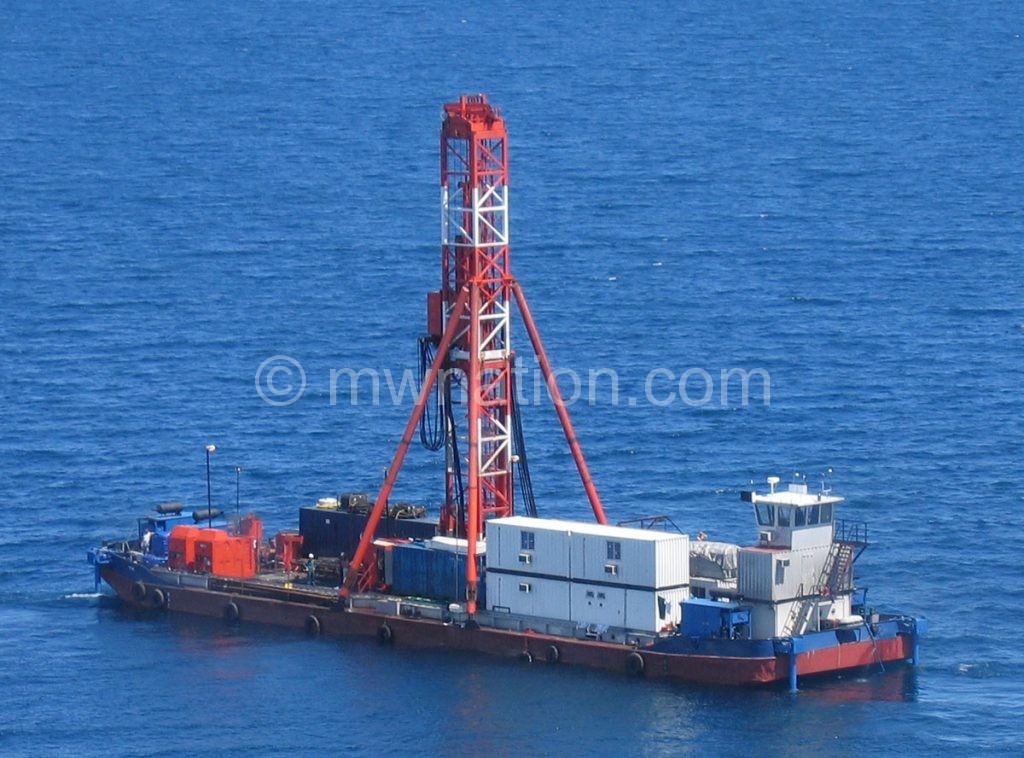Covid-19 has presented risks for the attainment of Malawi’s national development aspirations as espoused in the Malawi 2063 (MW2063) and the Sustainable Development Goals (SDGs), the National Planning Commission (NPC) has said.
NPC public relations and communications manager Thom Khanje said this in a written response to questionnaire in the context of the 2021/22 Human Development Index which has indicated that Malawi has over the past two years stagnated in improving human development conditions.
Travel Covid-19 tests will now have to follow international procedures
The United Nations Development Programme (UNDP) report ranked Malawi on position 169 out of the 191 globally ranked nations for a second year in a row, revealing that global disruptions such as the Covid-19 pandemic have swept social and economic shifts in countries.
Khanje has since indicated that in addition to declined economic activities and growth rates, Covid-19-related effects have included
the erosion of domestic institutional capacities, reversal of recent achievements in health and education and reversal of trade and private sector investment streams, which had brightened in recent years.
He said: “Further, social insecurity has heightened, with the evolving situation exposing various deficiencies in the healthcare systems which need to be addressed urgently.
“On the other hand, with large numbers of job losses in the formal sector, the informal sector has ceased to play an effective role of absorbing shock for alternative livelihoods, as the latter has not been spared from the Covid-19 induced decline.”
The Human development report (HDR), an analysis of a broader view on human development which assesses average long term dimensions in areas of long and healthy life, access to knowledge and decent standard of
living shows a country’s HDR is considered below the average of low HDR countries in the region with a score of 0.512, below the average of 0.547 for sub-Saharan Africa.
UNDP Administrator Achim Steiner observed in a statement accompanying the report that the world is noted as scrambling to respond to back-to-back crises, a development affecting human development.
According to Steiner almost all countries saw reversals in human development in the first year of the Covid-19 pandemic with low incomes affected the most.
But Khanje was however quick to mention that within the context of international best practice, the NPC has coordinated the development of the Covid-19 Socio-Economic Recovery Plan (SERP) to facilitate recovery in the health sector and other severely affected sectors.
He said the plan will also deal with the numerous socio-economic challenges encountered, while bearing in mind the specific needs and roles of women, youth, people with disabilities, and other vulnerable groups that bear the brunt of the compound effect of Covid-19.
According to Khanje the NPC is currently in the process of reviewing the implementation progress of the first 10 years of the MW2063 which includes the strides specifically made in the implementation of the
SERP ahead of its final phase of implementation which ends in December 2023.
Economists Association of Malawi (Ecama) executive director Frank Chikuta has, however, observed that the country is generating wealth which could be used to improve the living standards adding that for the country to achieve the milestone in the MW2063, it needs to implement a number of reforms in the social and economic management of the country.
Malawi through the MW2063, a long-term development framework for the country, aims to build an inclusively wealthy and self-reliant industrialised upper middle-income country by 2063.
The post Covid-19 threatens MW2063 aspirations—NPC appeared first on The Nation Online.
 Moni Malawi
Moni Malawi 

